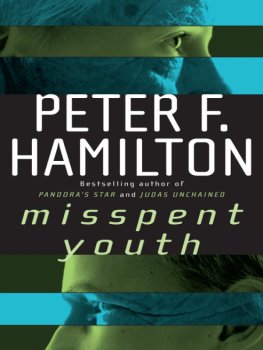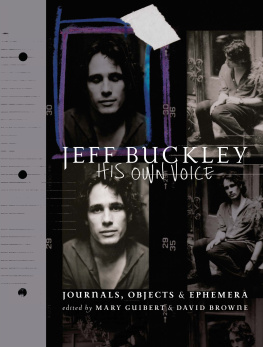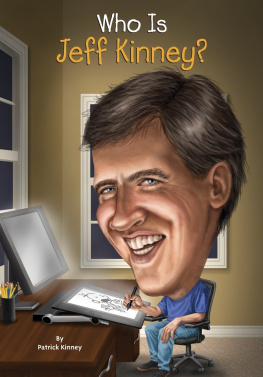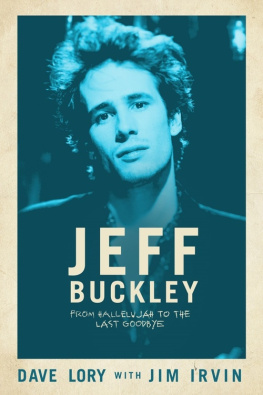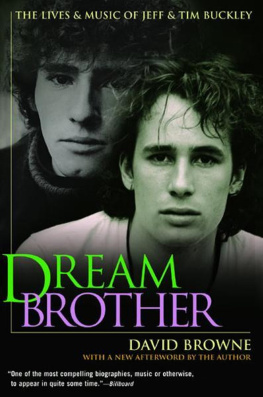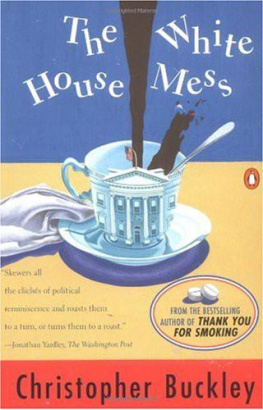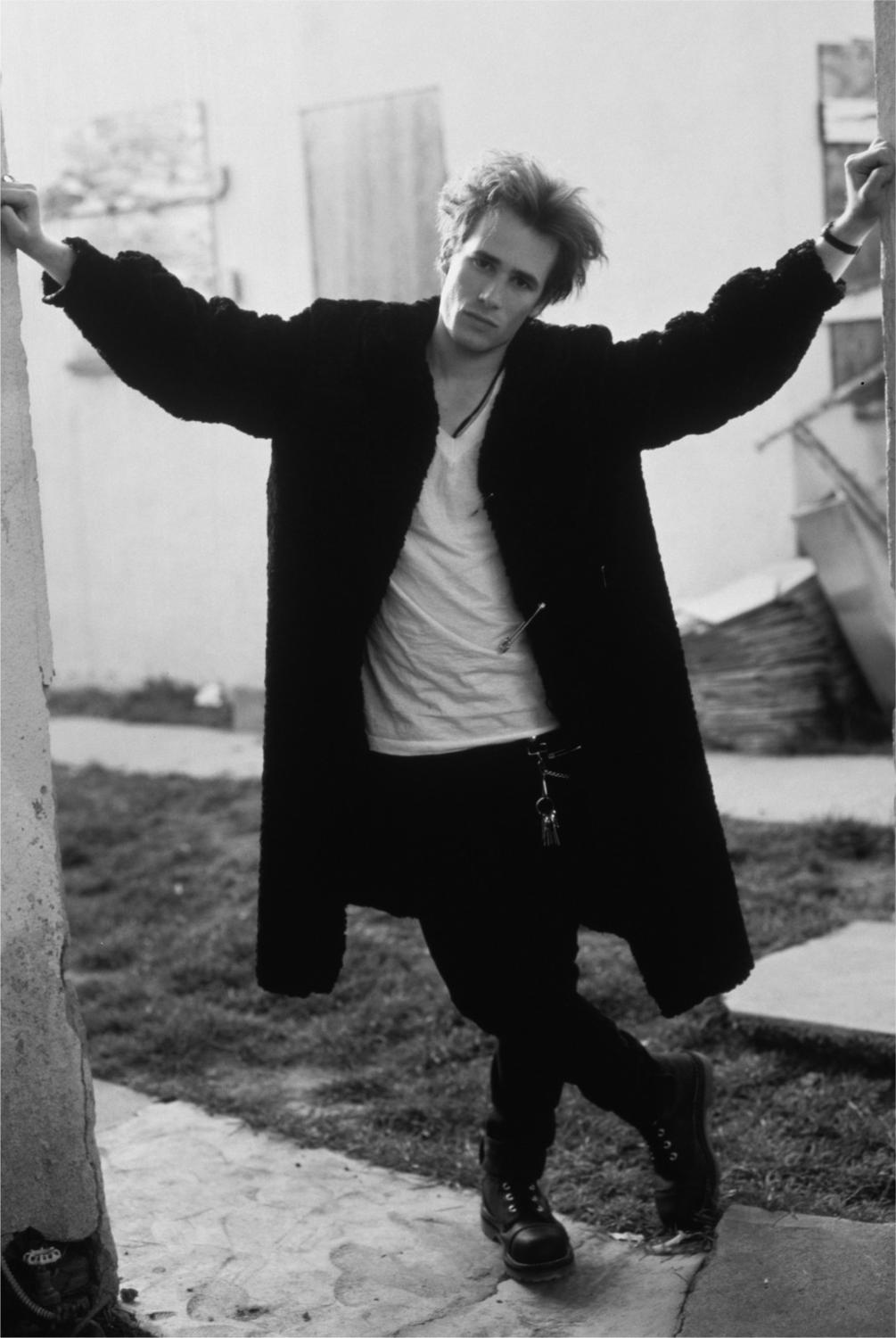T he American singer-songwriter Tim Buckley, a slight man with a voice made of mountains and oceans, was born into a dysfunctional military household in the late 1940s. His abusive father was a whacked-out marine veteran with a steel plate in his cranium. The physically refined Tim was nevertheless endowed with a mighty musical spirit, in part inherited from his fathers Irish ancestry.
Tim Buckley started early, finding a writing partner at school in the shape of poet Larry Beckett, who provided many although not all of the lyrics for Tims progressive song structures (including the classic Song to the Siren). Tim also finished too soon his life cut short at the age of 28 but he maintained a unique position as a musician during his decade-long journey within the industry.
At the beginning of his career, with the release of his highly acclaimed and beloved album triptych of Tim Buckley, Goodbye and Hello and Happy Sad, all released between 1966 and 1969, Tim Buckley fully embodied the classical child-poet features of a folk-era pin-up, reminding one of a less contrived Marc Bolan or a more narcotically erotic Simon and Garfunkel. Despite the regular shoals of teenage girls who could be found crouched at the foot of the stage during those early days, this was not a role that Tim was satisfied with playing, and as his work developed his looks also morphed, maturing with the decade into a hard and handsome set of Hollywood features. Yet his later work and image would never capture hearts and minds in the way those first albums did. Tim Buckley didnt come close to approaching the celebrity sex symbol status that some of his lesser-qualified contemporaries and friends (including the Monkees) achieved.
Although already dead before the end of his third decade, the nine albums recorded during his lifetime Tim Buckley, Goodbye and Hello, Happy Sad, Blue Afternoon, Lorca, Starsailor, Greetings from LA, Sefronia and Look at the Fool serve as a series of rich aural witnesses to a life lived as intensely and deeply as it was briefly.
There were forays into other professions principally acting and scriptwriting (these ventures were almost always driven by a need for the money that his records did not provide), but in the final analysis Tim was a pure musician. He was blessed with a singing voice that was untypically impressive and technically exquisite. He also possessed (or was possessed by) an inherent musicality that sometimes allowed him to take this voice beyond its already transcendent potential. Buckley not only had a great voice he also knew how to sing. Yet he was never particularly revered as a vocalist on any major level, not even amongst his peers. Whilst Elvis named Roy Orbison as the worlds greatest singer and Sinatra very publicly endowed Tony Bennett with praise, Tim Buckley remained removed from the outright adoration of both the public at large and the industry as a whole. Although critically acclaimed, he was hardly hyped. His worldwide sales remained as average as his talents were extraordinary.
Coming to light in the mid- to late sixties amongst a phalanx of other folkie singer-songwriters called Tim and Tom Rush, Paxton, Hardin and Rose Buckley, who unlike many in the burgeoning folk movement never preached through his lyrics, would create his own personal musical vocabulary. By the end of his life he had fiercely and rapidly outgrown his folk roots and occupied a hitherto unpopulated hinterland somewhere between the music of Bob Dylan and Miles Davis and the writings of Federico Garca Lorca and Joseph Conrad. The journeying between these two poles encompassed the acoustic balladeering of the earlier albums, through lushly orchestrated suites and concept LPs, and even included roaring, pumped-up AOR sex-rock.
He was one of the first among his peers to use his voice as an instrument. Inspired by various jazz horn players, Tim pushed his three-and-a-half octaves to convey a sound beyond the boundaries of language, a sound that was for the relative few who heard it either beautifully seductive or weirdly alienating.
The effect of this on Tims domestic and personal life was predictably detrimental. He entered into his first marriage, to aspiring actress and musician Mary Guibert, while still a teenager. They were high school sweethearts and their union was over years before their official divorce was granted in 1967. Tim was not even around in 1966 when his first and only child a son called Jeffrey was born.
Tim would move on, always unapologetically committed to his muse. He was initially signed to the mighty Elektra Records, where the potential of his talent was keenly recognised but never truly realised at least not commercially. Elektra would later become home to groundbreaking acts like the Doors and the Stooges, and was the first of many labels to invest in Buckleys strangely unclassifiable but pure talent.
In the meantime Tim would occasionally tour including well-received concerts in Europe and marry again, becoming stepfather to Taylor, the son of his new wife Judy.
For the majority of his life, Tim was largely unconcerned with the day-to-day domesticity of civilian existence, and was married to the road, his band and his music. He lubricated the awkward space between work, his home life, and sometime financial famine with alcohol and narcotics. Although never a fully-fledged addict of anything but music, he freely indulged in and celebrated the use of everything from hard liquor to ludes, cocaine, amphetamines and heroin.
In many ways he was in his own time an unrecognised pioneer, ahead of the tide in terms of his attitude to artistic integrity and his dealings with the media. (He was the most reluctant and surly of chat show guests and these opportunities soon fizzled out after this became apparent.) Whilst posterity grants some sort of retrospective reward for such artists, the lives of these individuals are often fraught. His focus had always been on the next opportunity the next gig, the next album, the next project. By the mid-seventies, although as a live draw he was on the up, he was out of contract and barely making a living.
Following a sell-out show in Dallas to almost 2,000 people at the end of June 1975, Tim who had recently been on a health kick decided to indulge himself, partying with friends and colleagues in his home neighbourhood. Cocaine and heroin were ubiquitous on the American music scene during the mid-seventies, and after some heavy drinking Tim mistook the latter for the former.
He was dead by accidental overdose at the age of 28.
His reputation in the following years, as so often happens with talents struck-down before their time, would only grow, and was furthered by a series of reissues, compilations and tribute albums.
And while it was beyond debate that he left behind nine albums of soaring, sometimes flawed ambition and majesty, his greatest legacy would arguably be the son he hardly knew Jeffrey Scott Buckley.


